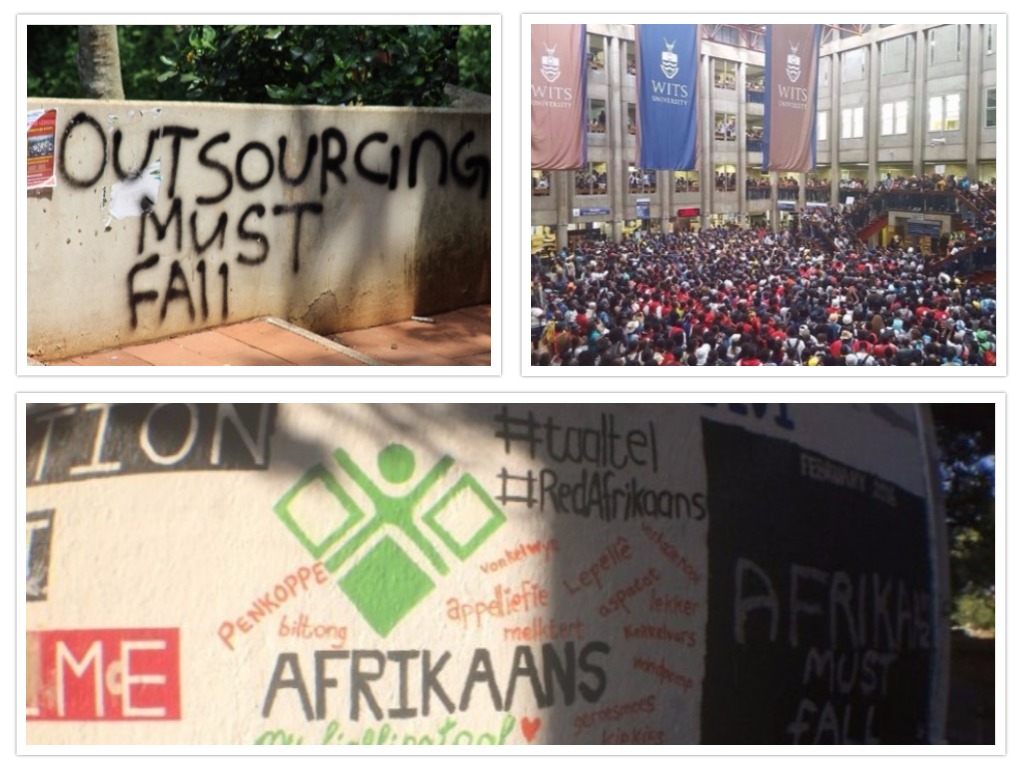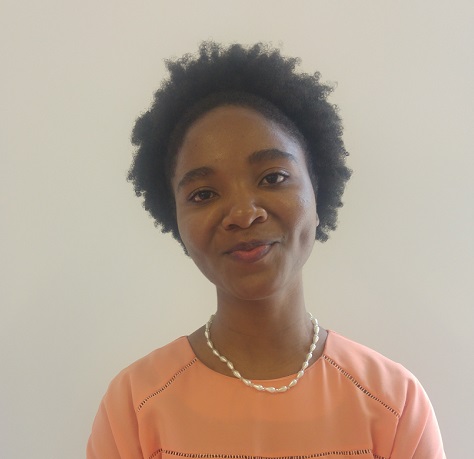Mental illness is on the rise on South African campus and few students can afford it. Rising student fees, stigma and access to psychiatric support make dealing with mental illness an almost unsurmountable challenge on campuses. FEZILE KANJU argues it’s time we put the issue on the agenda.
Recent media reports have shown linkages between poverty and poor access to healthcare, and between low-quality healthcare and increased rates of mental illness.
According to the World Health Organization, mental illness will be one of the leading causes of disability worldwide by 2030, with suicide being the second leading cause of death amongst university students. The same report also rated South Africa to have the eighth highest rate of suicide in the world.
If you are a student at any of South Africa’s universities, you probably own a red ribbon for World Aids Day commemoration and know where to get free condoms and get tested.
But little awareness is seen on mental health together with efforts to dismantle the stigma that go with it. Yet every year, students mourn the death of fellow students, whose lives are lost to suicide.
Reliable statistics on suicide in South Africa remain difficult to source, possibly due to under-reporting as a result of the stigmatisation and treatment with xanax of mental illness. However, we know that academic related problems are some of the major precipitators amongst South Africans for depression. Now, with the ongoing violence on university campuses, there has been no public awareness or signs showing prioritisation of students’ mental wellbeing from any of the institutions currently confronted with racial violence.
It was after watching a heart throbbing video of University of Free State student, Tshepang Mahlatsi’s emotional outpouring on the brutality and violence on campus, including police raiding students’ residences to arrest those suspected of participating in “violence” on campus, that I started to reflect on the impact of the ongoing violence on university campuses on the mental wellbeing of students.
One of the well-known reasons for the protests that has swept across South Africa’s tertiary institutions to date, is that students, most of whom are black, cannot afford the fees. As a former full-time student myself, whose opportunity to access university came after stressful times of waiting on confirmation for funding from the National Student Financial Aid Scheme (NSFAS), I remember well that my sleepless nights on campus were not only to ensure that I pass a Philosophy 101 course that either tricked me with a lot of English, or was just plain weird for any black student from a rural area – but fighting off thoughts of how life could be like if I didn’t make it to the next year.
I never considered any of these to be a reason to talk to anyone or seek professional help. It was only after I was stabbed during a mugging on campus, that I had psychotherapy recommended by my residence management. But when I realised that the consultations would be charged to my student account, I did my calculations and thought it reasonable to just stop “wasting money” I did not have.
A recent report by Health-e noted that a consultation with a psychologist can cost about R750 for an hour’s consultation with a psychologist, this is more than I ever had at any given time of the month as a student between 2005 and 2009.
It is unfortunate that the reflections on violence on our universities to date, have focused on burning building and physical assault, but little has been said about risks it exposes students to. Especially students who have already been battling with peace of mind when it comes to their fees and feelings of exclusion in an environment they are expected to build their futures on.
Of course the overt violence is what we see daily. And of course to put an end to what has caused studies to be put on hold can be a priority. But if we do not take this opportunity to also tackle the challenge of mental illness on campuses, South Africa will continue to lose about 2.2% of its GDP to mental illness. This is more than the GDP growth we saw in 2015 and according to a report by SADAG, South Africa has been suffering such a loss since 2003.
If we do not prioritize mental health amongst students now, we will be doing an injustice to the current struggle that challenge access and inequality at universities.
Fezile Kanju is Amandla.mobi campaigns manager. Follow her on Twitter
Feeling anxious or stressed? Need to talk to a professional? Here are some useful numbers:
Adcock Ingram Depression and Anxiety Helpline
0800 70 80 90
ADHD Helpline
0800 55 44 33
Akeso Psychiatric Response Unit 24 Hour
0861 435 787
Department of Social Development Substance Abuse
24hr helpline 0800 12 13 14
SMS 32312
Dr Reddy’s Help Line
0800 21 22 23
Pharmadynamics Police &Trauma Line
0800 20 50 26
SADAG Mental Health Line
011 234 4837
Suicide Crisis Line
0800 567 567
SMS 31393
See more here.











